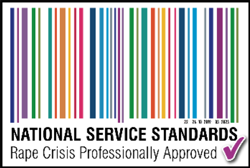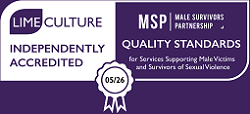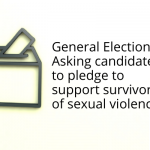Our Media Minimum Standard 1 – Provide Support Information
It is a widely known fact that most people do not seek support directly after experiencing a sexual assault.
In 2017-2018, three-quarters of all adult service users who contacted Rape Crisis Centres wanted support around sexual violence that took place at least 12 months earlier. 42% were adult survivors of child sexual abuse. This means that these survivors spent a long time coping with the abuse on their own.
What happens before survivors seeks support?
Before seeking support, a survivor will often use many different coping strategies, we know that one of these will be looking for information on similar experiences that have happened to others, often through stories in the media. After the first reports around Jimmy Savile hit the news around 100 reports of historic child sexual abuse made the headlines, similarly 1,700 people contacted the NSPCC during the first three weeks the hotline for survivors of child sexual abuse in football was launched, similar rises in contact happened after rape storylines in TV programmes such as Broadchurch and Coronation Street. It is easy to see that seeing information about sexual violence through the media often causes people to get support.
A minimum standard
We believe that providing support information alongside press articles or after programmes is a Minimum Standard. This is important on many levels because:
- It provides information to people when they need it and who may have been triggered
- It underpins the severity of the subject involved
- It shows the media as being on the side of survivors
Whilst we know that sometimes this does happen, for example in the Coronation Street David Platt Storyline, we can also cite many other occasions where this hasn’t; Rhona’s first experience of rape in Emmerdale and some of the sexual and domestic violence scenes in Casualty. Additionally, programs which contain support information after the live screening, do not have the same information available following the online version.
In the first year of our No More Rape Myths campaign, only 12 out of 134 press articles we covered included support information and mostly then because they were co-written with support agencies. Across their articles on sexual violence newspapers were more likely to include their contact details asking for readers’ stories than they were to provide support information.
The media on the side of survivors
Press
In the same way that the media gives support information on news stories around suicide, we believe this should be done on stories on rape, sexual abuse and other forms of sexual violence, including sexual exploitation. A similar move is being negotiated between domestic homicide campaigners and IPSO and we have also been talking to IPSO about what this could look like for articles covering sexual violence.
TV and Radio
Wherever sexual violence, child sexual abuse, rape or sexual exploitation is explicitly or implicitly mentioned information should always be given about where to get support from. This should occur whether the programmes are watched live or via online/on demand services, meaning that services such as BBC iPlayer, ITV Hub, All4 and My5 need to take care to put this information at the end of the programme credits. We are petitioning the main UK TV networks to ensure that this happens.
Help the media make this change
The media won’t listen to us until we have enough people asking for the same thing. We need you to add your voice to the campaign and ask the media be on the side of survivors. Sign our petition and share it among your contacts.
We have also created a series of memes which you can send to press media outlets, asking them to side with survivors and put this most basic of information. If you let us know when you’ve done this, by tweeting us #NoMoreRapeMyths we can increase the pressure to ensure this is done.
You can also follow us on Twitter and help us raise awareness on this issue.






